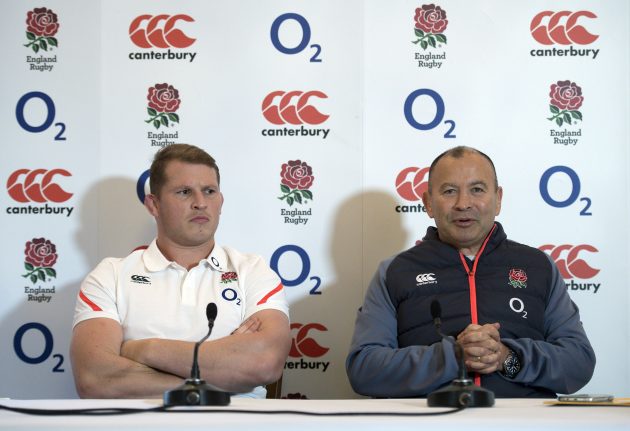It’s okay to admit you have plans running beyond the next match. This first appeared in the April 2017 issue of Rugby World.
Let me tell you what a coach or captain will say about their chances of winning the whole thing, before every major tournament from now until the sun explodes: “We are only thinking of the next game coming up, mate.”
That’s a tradie, you might think. Someone who diligently nails one task, then moves on to another. What is it a lot of players say after an error? “Next job.” That makes total sense, but elite sport can’t function purely on a micro level all the time.
This is the era of the ‘super coach’, those who have long-term goals for glory. Eddie Jones keeps repeating that his objective is to make England the world’s No 1 side. That is not something that can happen after the next game. So by definition, his side’s plans run beyond the next match.
Now look at the other coaches entrusted with getting players up to speed for the super coach. Are we to honestly believe that these assistants work to mould players for specific opponents, game to game? What an exhausting process that would be. Maybe, though, they actually devise development plans to improve players over time…
To check out the latest Rugby World subscription offers, click here.
If you have an oft-stated goal that is not attainable in the immediate future, and you have players moving forward with skill improvements over seasons, perhaps it is possible to do it all in a vacuum, convincing those involved that they are on a need-to-know basis and they don’t need to know more than who’s next.
However, one thing we learnt from New Zealand banishing demons to win the 2011 World Cup is that Graham Henry and his group made a point of thinking of a long-term goal and then capping players in hodge-podge sides so that they had requisite experience to come in and play if needed, à la Stephen Donald. They developed mnemonic devices and mental ticks to help refocus for the next job, but these were tools to build something bigger than one win.
We don’t need forensic detail. Or supreme arrogance. But players and assistants cannot all just be pawns in someone else’s grand plan. Those who do look ahead should express themselves.





